Phone: 941-322-1000 | Email: [email protected]
Sentient Beings Deserve Our Respect Also
Sentient Beings Deserve Our Respect Also – In today’s installment of Wildlife Wednesday I’m going to ask you for a favor. One of consideration. It will require thought and effort from you, but not too much. I want you to consider the non human lives around you. For a different reason however, than the human default. Consider them only for them. Not for what they do for people, not for the role they serve in their ecosystems. Consider them purely for each individual. There is more to the bee than it’s pollination of human agricultural plants, more to each little individual than production of honey. There is more to the snail than it’s appetite for your ornamental gardens or the glistening trails they leave.
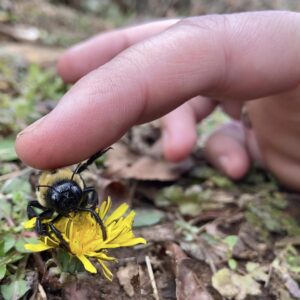
When I was 7 I learned what the word ‘sentient’ meant. I saw it in a book about conservation in the library. It is an adjective that is defined as “able to perceive or feel things.” I remember how broad this seemed and how utterly ridiculous it was that any living thing may be excluded from the label…But of course they felt! Of course they thought and feared! Didn’t they know day from night and act according to their needs? Didn’t they flee at my approach, eat when hungry, drink when thirsty? The absurdity of the adults around me saying the earthworm & the fish didn’t feel the hook when both clearly showed otherwise… What couldn’t they see that I could?
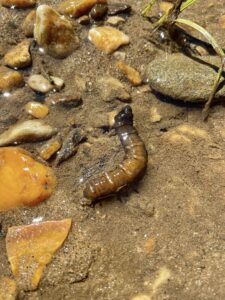
What inspired phrases like “just a dumb animal” or “just a bug”? I was told with various explanations, some religious, some secular, some simply willfully ignorant- that having less consideration for other species was acceptable because they are not like us. We are smarter, they serve a purpose. Or if they don’t serve a purpose and are a nuisance, we are welcomed to eliminate them and doing so humanely wasn’t always considered. We, the humans, were the smartest! Top of the food chain! All of these ideas left very little room for consideration. I understood the depth of this terrible error. The glue traps, leg hold traps, poisons, stomping, etc. Sometimes someone would say “oh don’t kill a moth! They don’t sting or anything.” Or “don’t kill the bee, they make honey!” Why did these creatures get an exemption? Because they had no defense mechanism against us? Because they served a purpose for us? Why not just….because?
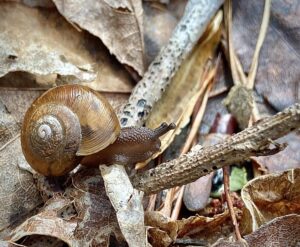
So I ask you to consider this. Select in your mind, a misunderstood species. Where I put a _______, sub in your species. Consider a single ________, male or female. Consider that this ________, awakes and goes about its life for many of the same reasons that you do or have. The ________ can feel the cool breeze or water, the warmth of the sun, the coming night, hunger, fear, fatigue and a sense of home or place to return. Consider this complex individual for all that it is, big or small. Independently important enough to be considered, stepped over, not poisoned. Considered enough to be allowed to exist.
Does a moth with a few day lifespan feel the same way, think the same way as a human? Does a dog? No. Of course not. But, since when is complexity of thought a currency when dealing with the value of a life? All I ask is that you consider each individual before any action is taken with regard to a non-human. To hurt or kill is so permanent and often tragically unnecessary. Some deeply held religious beliefs suggest that only humans can obtain an afterlife. This is all the more reason for your consideration of other species. If your belief system teaches this, your consideration in sending another being into nothingness is incredibly important and all the more imperative.
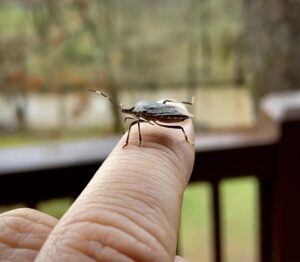
If through all my years on these social media platforms, sharing information, teaching and interacting with adults and children alike, I achieve only one thing, I want it to be this. Consideration. Please consider them as the sentient, individually important beings that they are. Each and every one of them no matter what they are. See them, learn them. I think you’ll find that in the process you’ll learn more about yourself too.
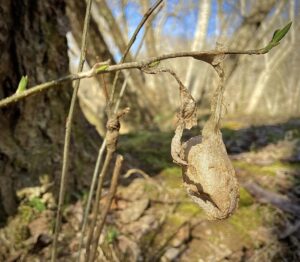
As always, if ever you have questions about wild things, ask. I’m always happy to help.
Thank you for taking the time to read this, a summary of one of my most passionate personal missions. I am very grateful that CMNC has given me a platform to share this valuable knowledge.
-Dixie Stone Resnick
